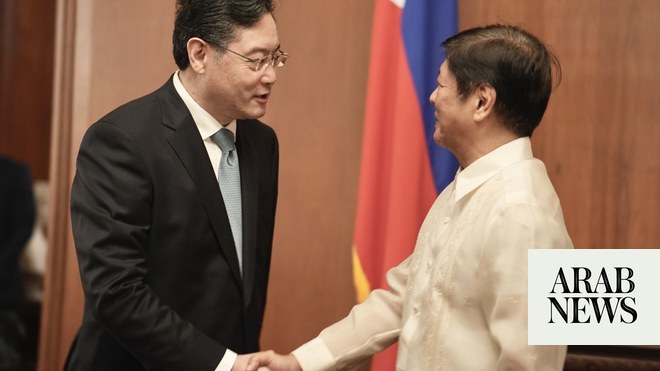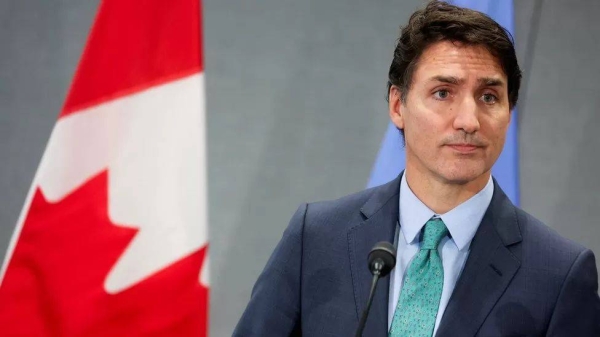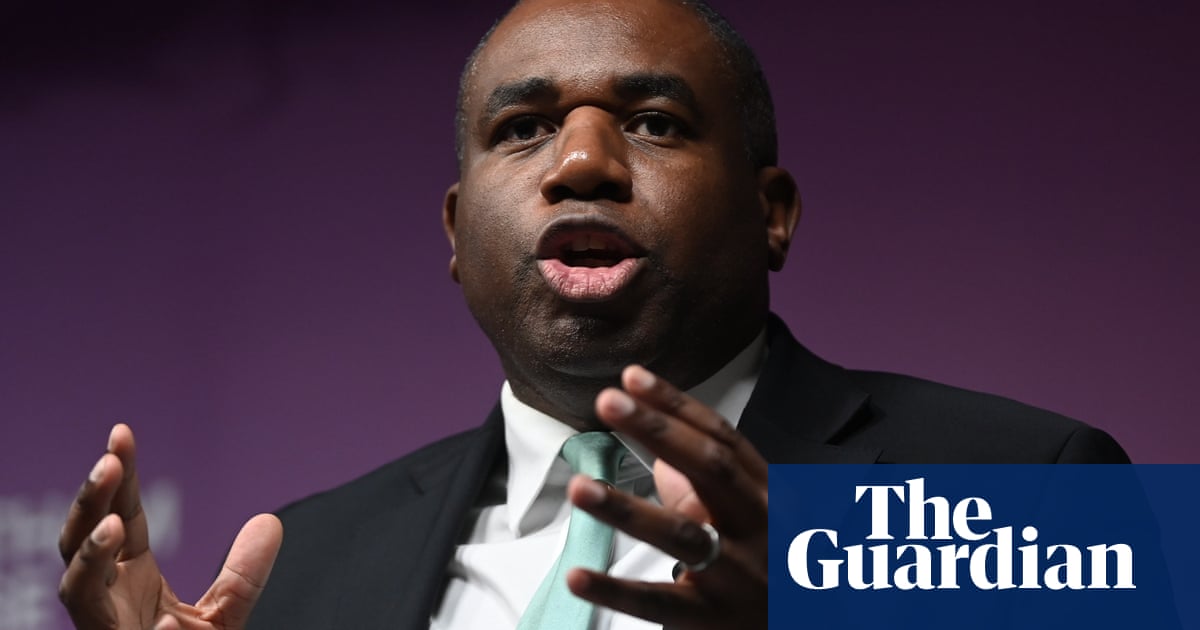
Justin Trudeau has raised “serious concerns” over suspected domestic interference by China in his first talks with President Xi Jinping in more than three years, amid growing frustration over increasingly aggressive interventions by Beijing.
Trudeau discussed his concerns about Chinese “interference activities” in Canada on the sidelines of a Group of 20 meeting on the Indonesian island of Bali, a government source told AFP.
It came a day after Canadian police announced espionage charges against a battery researcher at Canada’s largest energy producer, alleging he tried to steal trade secrets for China, and amid a chorus of warnings that Beijing has sought to undermine Canada’s democracy.
China’s embassy in Ottawa did not immediately respond to confirm the meeting or the points of discussion.
The encounter followed repeated warnings from Trudeau and other officials that China had attempted to undermine Canada’s democracy. Canadian intelligence officials briefed parliamentarians in January that they believe China interfered in the 2019 federal election.
“I have faith in the report that [intelligence officials] are giving,” said David Mulroney, Canada’s former ambassador to China. “And I think they’re giving those reports with some frustration that more isn’t being done. The government continually shies from identifying China as a problem. They’re very reluctant. They often say it’s China and others, or vaguely that it’s state actors behind the interference.”
Trudeau and Xi also discussed Russia’s invasion of Ukraine, North Korea and the importance of the Cop15 biodiversity conference in December, where China and Canada will co-host nations in an effort to “to protect nature and fight climate change”, the source said. They also talked about “the importance of continued dialogue”, the source said.
The two leaders met in a crowded room where they spoke for about 10 minutes, the source said. That compares with a three-and-a-half-hour closed-door meeting between the US president, Joe Biden, and Xi on Monday.
Tensions between the two countries have remained high ever since 2018 when Canada, at the request of US officials, arrested the Huawei Technologies executive Meng Wanzhou at a Vancouver airport. Beijing retaliated, arresting two Canadians on spying charges.
While the standoff ended when all three people were released last year, relations have remained sour. Ottawa announced a ban on 5G telecoms infrastructure from Huawei in May, citing national security concerns.
Earlier this month, the industry minister, François-Philippe Champagne, ordered three Chinese companies to divest from critical minerals in Canada, also on national security grounds. In early November, federal police announced they were investigating a secret network of illegal Chinese “police stations” in Toronto.
Trudeau and Xi last met in June 2019 on the sidelines of another G20 in Osaka, Japan. The met three other times previously, once in 2015 on the sidelines of the G20 in Turkey, and twice during official visits to Beijing in 2016 and 2017.
Amid pressure to take a more confrontational stance towards China, the federal government is poised to launch a so-called Indo-Pacific Strategy that the foreign minister, Mélanie Joly, says will challenge China on human rights, while seeking cooperation with the world’s second-biggest economy on climate change and other shared goals.
“I worry that what we’re being promised is an ‘Indo-Pacific strategy’. It needs to be a Canada strategy. It definitely has an Indo-Pacific dimension, of course, but the priority has to be dealing with threats in Canada,” said Mulroney. “And I see no evidence that anything like this is on the horizon for this government.”












